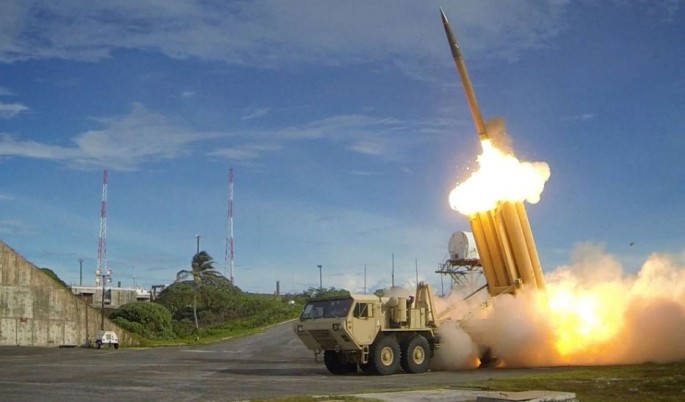China has hit the reset button and hopes to improve its strained military ties with the next United States administration under Donald Trump.
Already on the defensive because of Trump's avowed anti-China economic views, China is moving to the military end of the bilateral relationship spectrum by "building of a new type of major country relations."
China's Ministry of National Defense said it's willing to promote military ties with the U.S. Department of Defense and its next Secretary. Trump has said he'll reveal his pick for Defense Secretary this week.
Washington insiders say the job could go to any of three men: retired U.S. Marine General Jim "Mad Dog" Mattis; former Republican senator Jim Talent from Montana and former Republican senator Jon Kyl from Arizona.
The outspoken and hawkish Mattis is widely considered the front runner because of Trump's publicly stated preference for having a military man in charge of defense. Despite this advantage, Mattis isn't a shoo-in and some Republicans are wary about his aggressiveness.
Ministry of National Defense spokesperson Yang Yujun said recent years saw the further development of China-U.S. military ties thanks to the joint efforts of China and the outgoing Obama administration.
He said China and the United States have conducted effective cooperation on high-level visits; mechanisms of consultation; exchanges between military colleges; joint drills and training, as well as positive communication.
He noted that China and the U.S. have tried to strengthen strategic and action-level dialogue and control of differences and risks. Both are building what Yang called "a new type of major country relations between the two sides."
"China is willing to make joint efforts with the defense department of the next administration of the United States in a bid to promote the healthy and stable development of relations between the two militaries," said Yang.
He noted some deep-seated contradictions and obstacles lie in China-U.S. military relations, and hoped the United States will respect China's core interests and major concerns, as well as China's sovereignty and rights.
Yang urged the United States to implement the consensus reached by President Barack Obama and President Xi JInping, and take the smooth and healthy China-U.S. relations to the new administration.



























